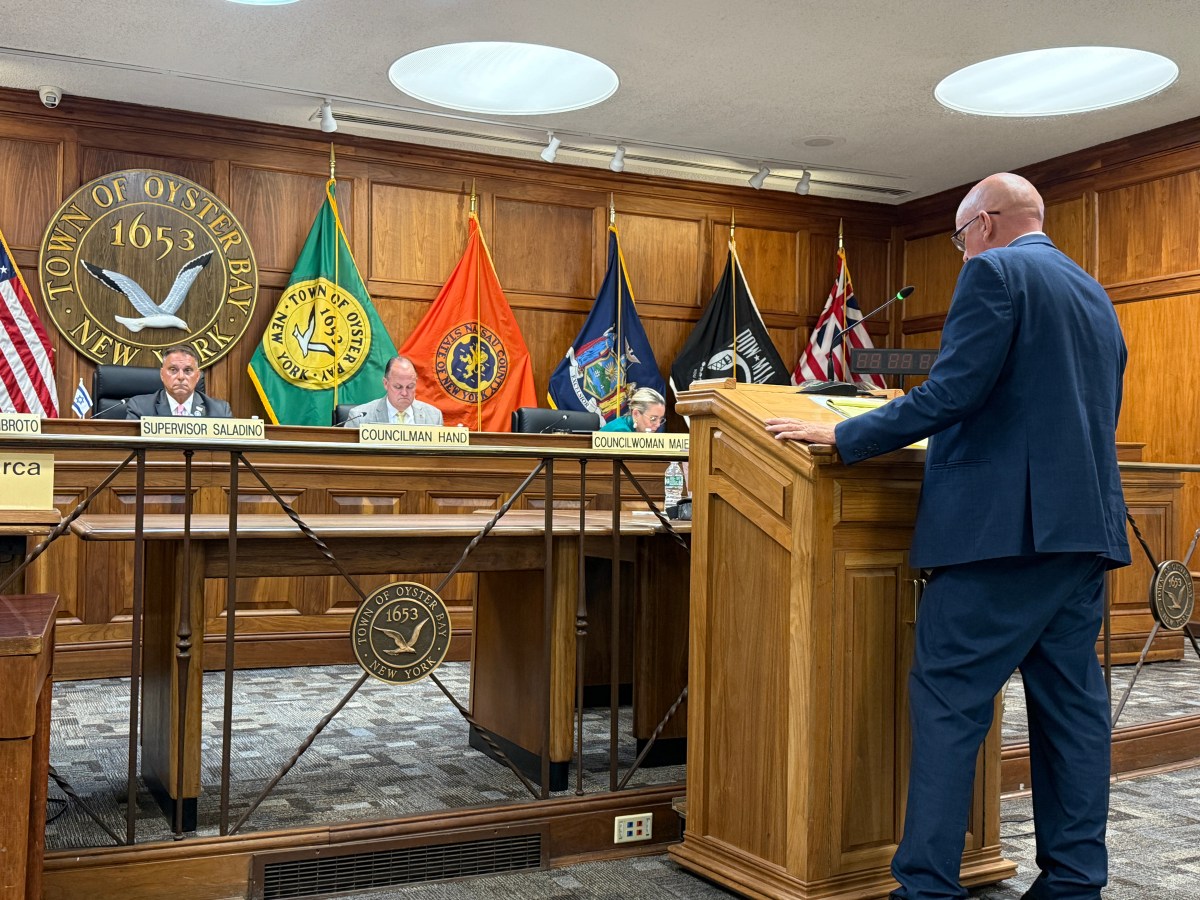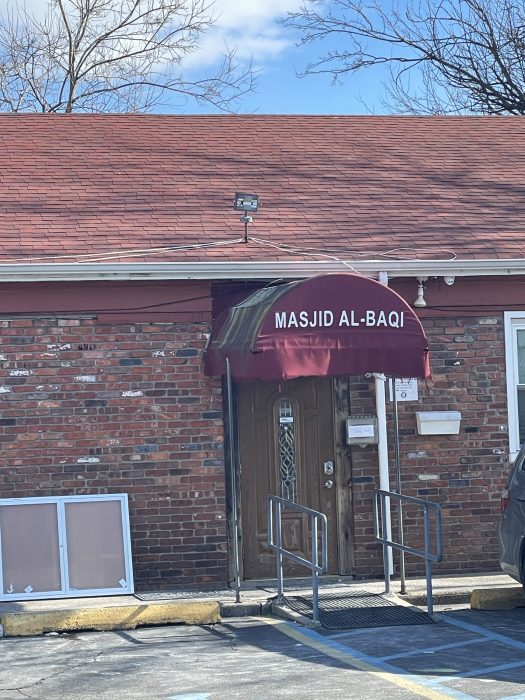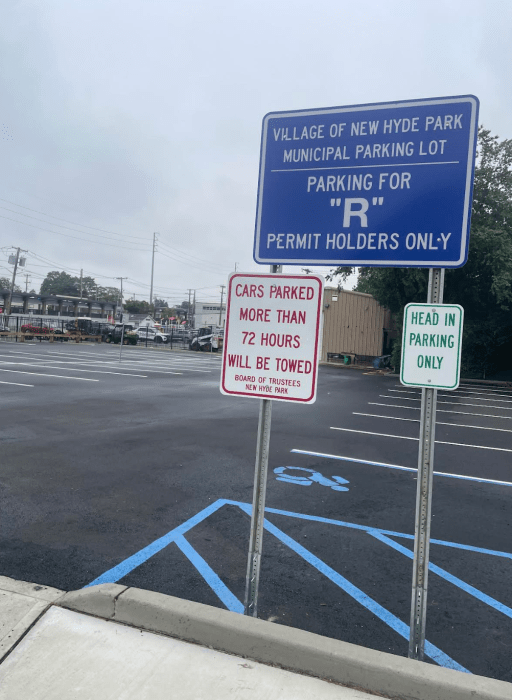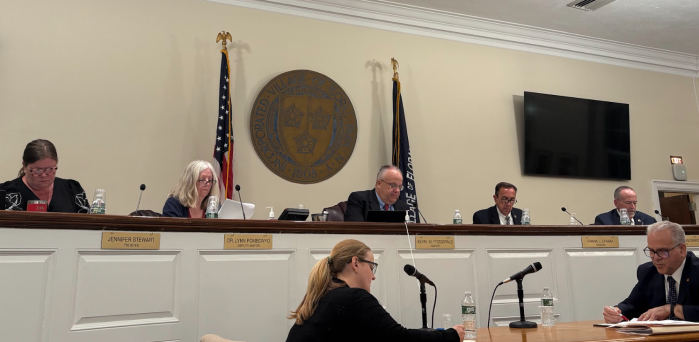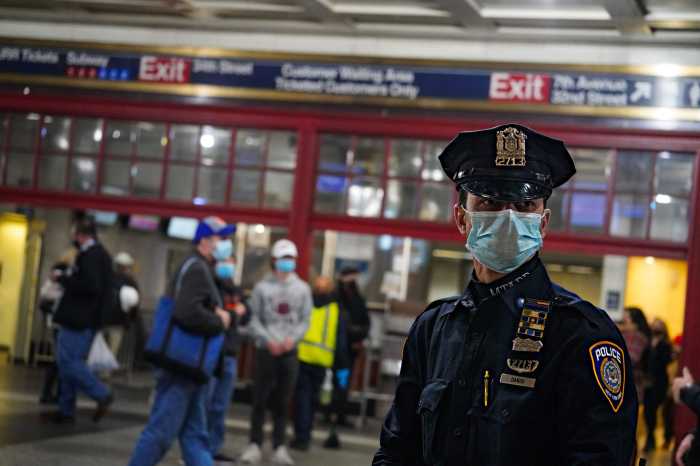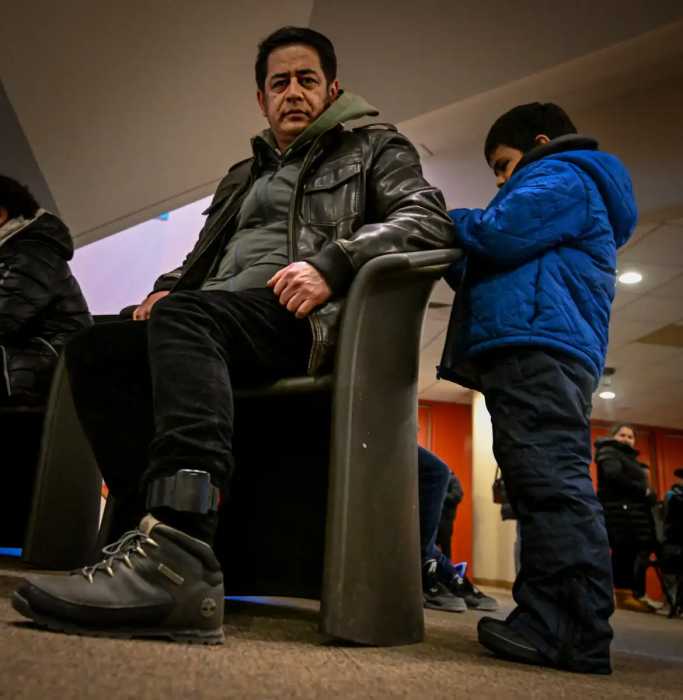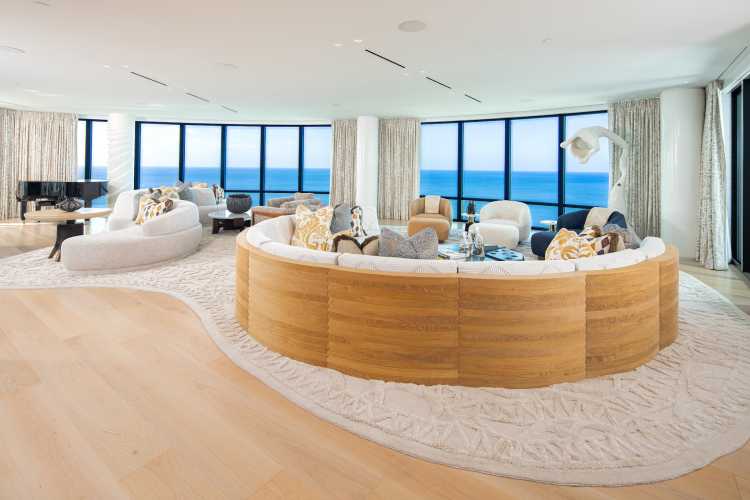The Oyster Bay Town board made changes to its zoning laws involving theaters, museums and libraries at its Tuesday, Oct. 7, board meeting in a bid to create equal parking spaces for secular and non-secular users while a lawsuit claiming the town discriminated against a Bethpage mosque looms.
The new law, unanimously approved by the board, sets the minimum number of parking spaces required for theaters, museums, libraries and places of public assembly at one per three persons occupancy.
Town Attorney William McCabe presented the law to the board, saying it is necessary to try to have a “uniform minimum off-street parking ratio for most land uses, both secular and non-secular.”
The adopted town code also highlights the town’s emphasis on the law applying to both secular and non-secular buildings.
“Nothing contained in this chapter or the Town Code shall be applied in a manner which results in a substantial burden on religious exercise, and exemptions shall be given from any policy, practice or provisions for any substantial burden on religious exercise, or by other means that eliminates the substantial burden,” the law says.
The hearing, in its entirety, took less than two minutes.
The change in zoning comes as the town and Muslims on Long Island have been in a legal battle since January regarding the application to expand the Masjid Al-Baqi mosque in Bethpage. The organization cited the Religious Land Use and Institutionalized Persons Act, the First and Fourteenth Amendments to the U.S. Constitution, the New York State Constitution and Article 78 of the New York Civil Practice Law and Rules in its lawsuit against the town.
The Muslims on Long Island were seeking to replace two one-story buildings on their property with one, larger mosque. They said the town had blocked the expansion by presenting multiple legal issues, including a change in town law in 2022 that expanded the number of parking spots required for places of worship.
The change increased the number of parking spots required by the mosque from 86 to 155. According to the lawsuit, the initial proposal called for 88 spaces.
According to the same town code from 2022, theaters were required to have one parking spot per three seats, while libraries and museums were required to have one parking spot per 300 square feet of gross floor area, or the enclosed floor space of a building.
The town and the organization had agreed to a settlement in August, which would have included the town approving the mosque’s plan, paying Muslims on Long Island $3.95 million, and updating its code to address and resolve claims made against it. The Muslims on Long Island had also agreed to certain provisions designed to mitigate the town’s asserted traffic and safety concerns.
The town backed out of the agreement less than two weeks later.
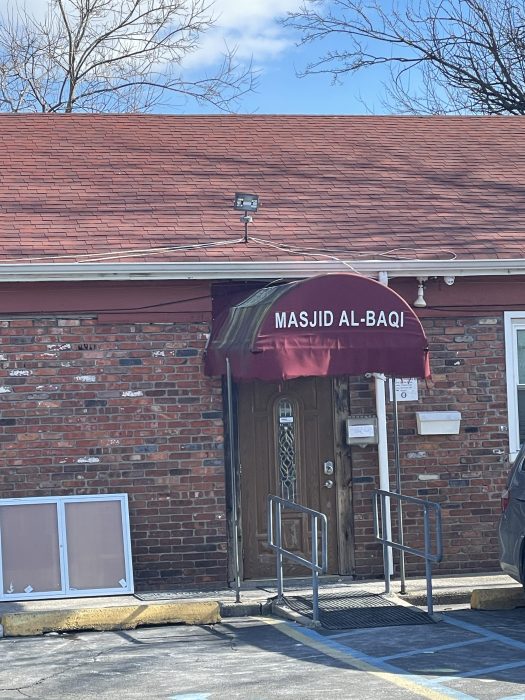
Town spokesperson Marta Kane said the law approved at Tuesday’s board meeting applies the same parking calculations to places of worship, as well as other non-secular buildings.
“By maintaining this one-space per three-persons occupancy ratio, the town will continue to apply a standard it has found reasonable and necessary to ensure adequate parking availability, safe traffic circulation and protection of public health and safety,” she said.
Town Supervisor Joseph Saladino said the new law keeps parking regulations “fair and consistent.”
“Now going forward, newly built places like theaters, libraries and museums will use the same parking formula as churches — one parking spot for every three people,” he said. “It’s a system that works well and helps make sure there’s enough parking, keeps traffic moving safely, and looks out for everyone’s safety.”
The board also passed a resolution at its board meeting, authorizing the retention of its counsel related to its legal battle with the Muslims on Long Island.
The U.S. Department of Justice openly supported the mosque’s claim that the town violated its rights in April.
The two sides are set for trial on Oct. 27, with a final pretrial conference scheduled for Oct. 15.




